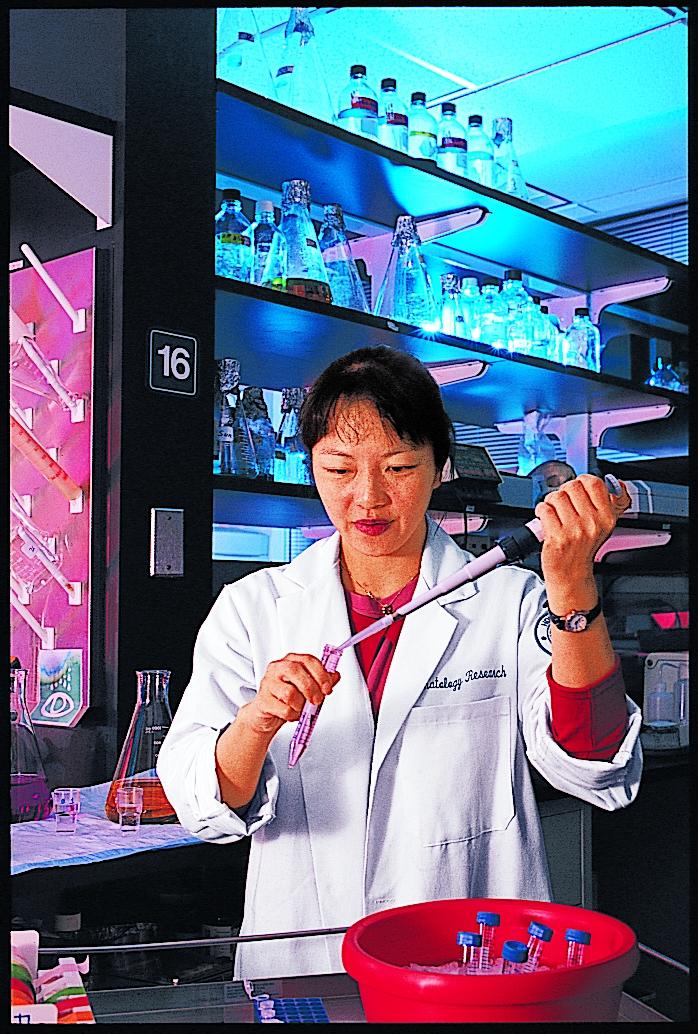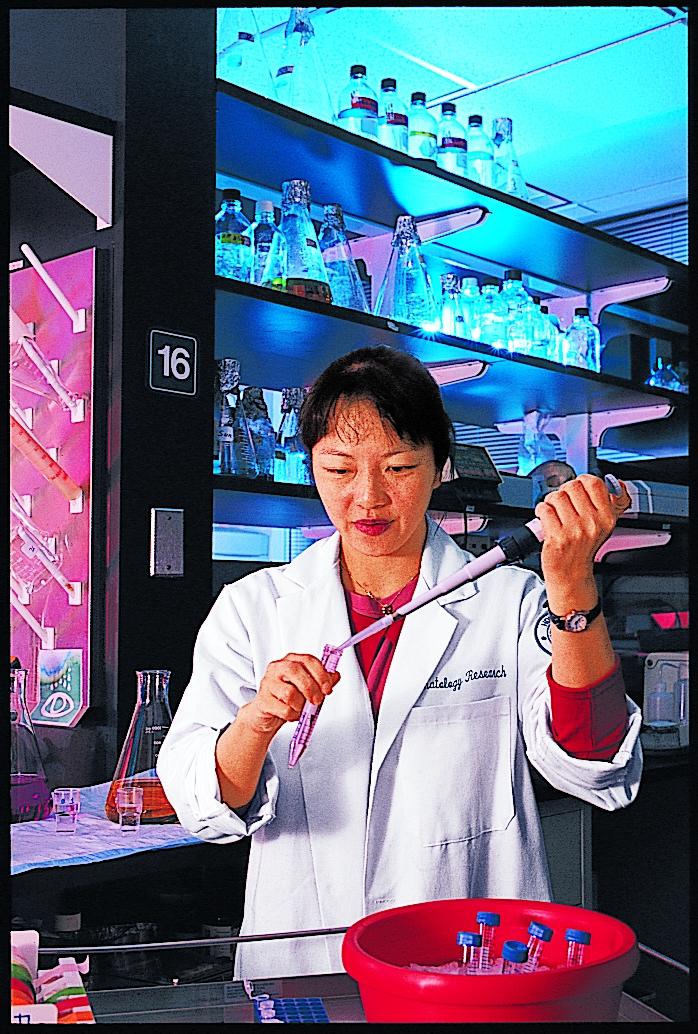
Credit: Hospital for Special Surgery
The prognosis for patients diagnosed with scleroderma – an autoimmune disease characterized by fibrosis of the skin – is not typically a rosy one. With limited treatment options available, those suffering from the disorder can face disabling hardening and tightening of their skin. Scleroderma can also affect the blood vessels, lungs and other internal organs.
New and ongoing research at Hospital for Special Surgery in New York City has identified a possible mechanism behind the fibrosis that occurs in scleroderma – a mechanism that may one day lead to a treatment for the disease.
Published in the Journal of Clinical Investigation on October 10, the study reports that in laboratory research, a population of stem cells called "adipose-derived stromal cells (ADSCs)" is reduced in number in the layer of fat sitting under the skin. It appears that loss of these ADSCs may contribute to the skin fibrosis characteristic of scleroderma.
Moreover, the study authors found that the survival of those ADSCs that do remain beneath the skin in scleroderma are dependent on immune cells called "dendritic cells." Dendritic cells release a compound called lymphotoxin B that promotes ADSC survival; when antibodies that stimulate the lymphotoxin B receptor were administered with ADSCs to replenish the lost ADSCs, ADSC survival was found to be increased, suggesting a means for reversing the fibrosis of the skin.
"Injecting ADSCs is being tried in scleroderma; the possibility of stimulating the lymphotoxin B pathway to increase the survival of these stem cells is very exciting," says lead study author Theresa T. Lu, MD, PhD. "By uncovering these mechanisms and targeting them with treatments, perhaps one day we can better treat the disease."
Dr. Lu also feels this strategy could be used to target stem-cells from other tissue sources in order to treat rheumatological and other conditions — such as lupus and rheumatoid arthritis – and also to facilitate bone and cartilage repair.
In the coming years, Dr. Lu and her colleagues hope to test the applicability of their work in human cells, which could provide scleroderma patients with a welcome treatment option if proven safe and effective. "Improving ADSC therapy would be a major benefit to the field of rheumatology and to patients suffering from scleroderma," she says.
###
Other HSS authors include first author Jennifer Chia, Tong Zhu, Susan Chyou, Dragos Dasoveanu, and Camila Carballo, and HSS faculty members Drs. Jessica Gordon and Rob Spiera of the HSS Scleroderma and Vasculitis Center and Dr. Scott Rodeo of the Sports Medicine and Shoulder Service.
Media Contact
Monique Irons
[email protected]
212-606-1197
@hspecialsurgery
http://www.hss.edu




